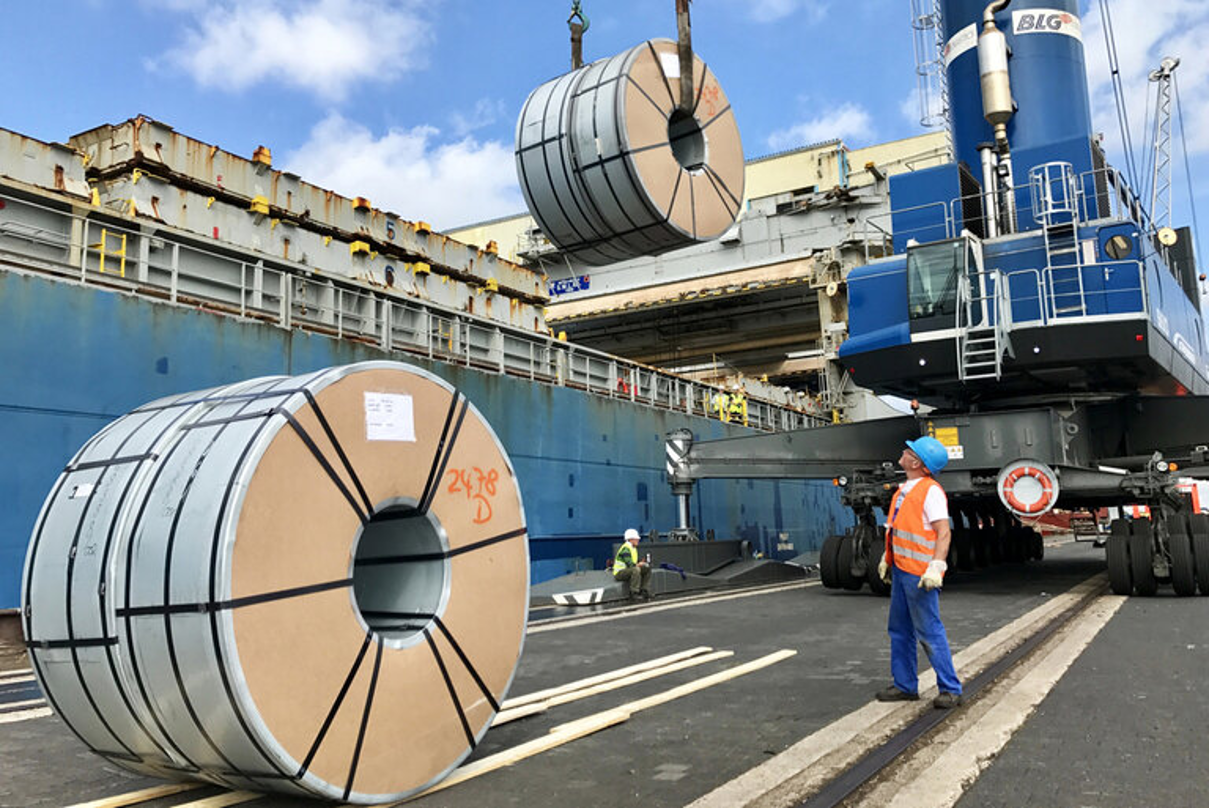Canada

December 6, 2017
Canada Seeks Trade Pact with China as NAFTA Falters
Written by Sandy Williams
Prime Minister Justin Trudeau warned against protectionism at a meeting of business leaders in China on Wednesday, offering a thinly veiled criticism of the Trump trade agenda.
“We are at a pivot point in the world right now, where we decide whether we work together in an open and confident way and succeed or whether we all falter separately and isolated,” he said.
“As that anxiety spreads, people start to turn inwards. They start to close off. They start to get fearful,” he added. “If that continues to happen, make no mistake about it, we will all lose.”
Canada hopes to move forward with a free trade deal with China, said Trudeau, but said any discussions should include gender and labor rights, and the environment. Trudeau has pushed for inclusion of the same progressive agenda in the NAFTA talks.
“China and Canada share the belief that more openness and more collaboration is the right way forward. Closing our doors will only hurt our businesses and our citizens,” Trudeau said. “The old model won’t cut it anymore.”
Back at home, Canadian analysts criticized Trudeau for failing to actually begin trade talks with China. Opening bilateral negotiations with China would be a strong signal to the Trump administration that Canada has other trading options than the United States, should Trump pull the U.S. out of the NAFTA agreement.
Trudeau met with both President Xi Jinping and Premier Li Keqiang in Beijing but was unable to clinch the prize of formal negotiations, possibly due to Trudeau’s goals of protecting labor and gender rights. Li was on board with battling climate change and working together on clean-technology.
“We agreed to uphold global trade liberalization,” said Li during the joint news conference. “On the bilateral [free trade agreement] we will continue exploratory talks. China is open … to the process and the content of such exploratory talks.”
Later, Trudeau stressed that eventually Canada will have a significant trade agreement with China because of the scale of the Chinese economy.
“A trade agreement is not a small thing. It’s a big thing. Canadians understand how important it is to get it right, and we are ensuring that through progress made today in discussions that we will be able to continue moving forward in a responsible way,” said Trudeau.







